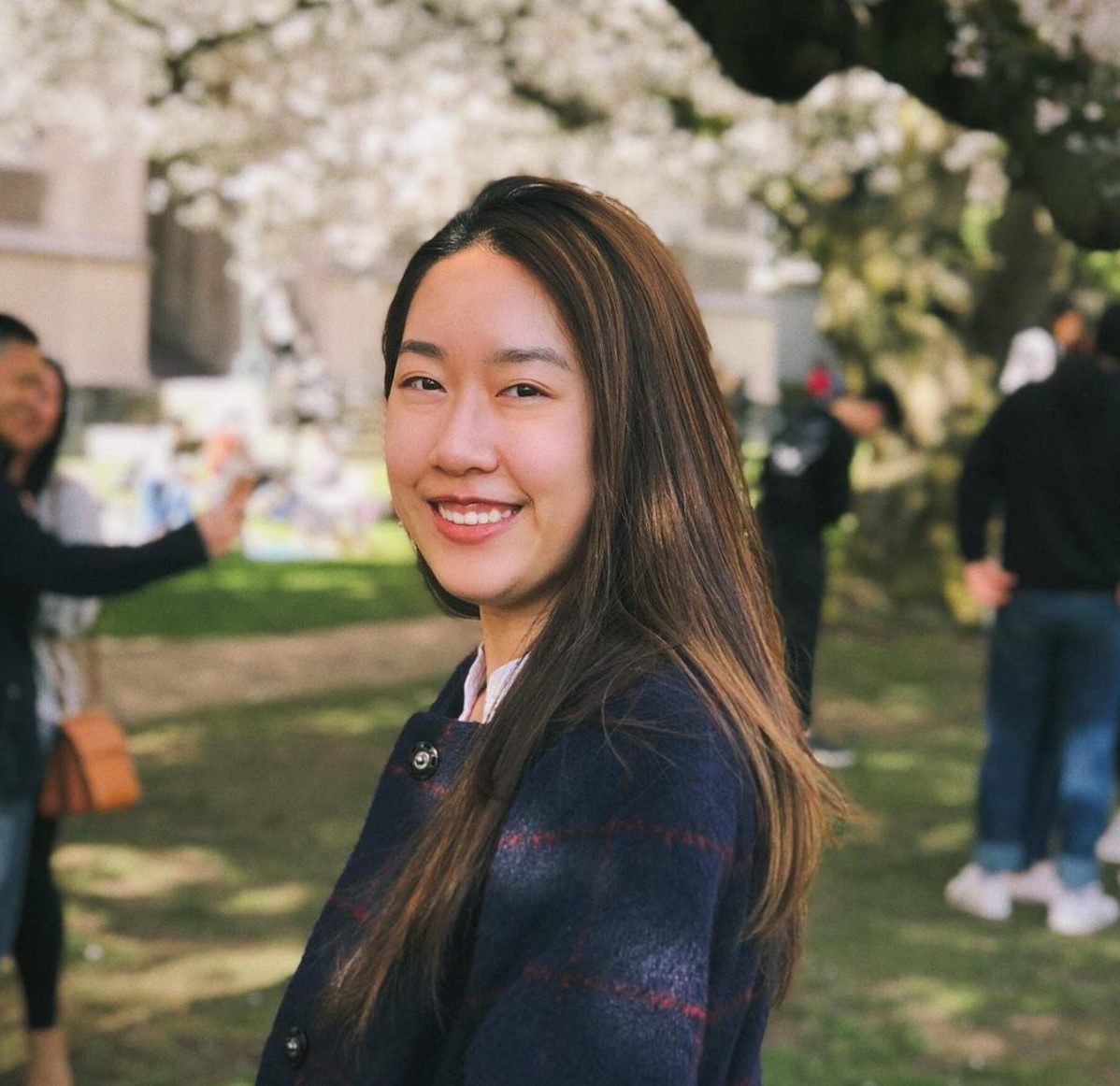ISSN: 1941-4137
POETRY THAT ENACTS THE ARTISTIC AND CREATIVE PURITY OF GLASS
POETRY THAT ENACTS THE ARTISTIC AND CREATIVE PURITY OF GLASS

Celia Hauw is Singaporean currently living in Chicago. She is interested in how people think about language, and studies in Neuroscience and Creative Writing at Northwestern University. She is a recipient of the Academy of American Poets College Prize, and her poetry has been published or is forthcoming in Cha: An Asian Literary Journal, Words Dance, We Are A Website, and elsewhere.
In a Different Tongue
1
Call it. Unplaceable sound. Your eyes
darting across each point of my face.
You staring at me the way you
face the ceiling, mornings after waking
from a dream, searching for any rough
spot on the plaster to ground you
to the reality you want to believe in.
The voice is unsteady, that way language
shifts, the way you only miss a home
once you’ve left it, but you give the voice
a name — rough edge, unplaceable
accent. You call it.
2
As a child, I was made to kneel
before rows of altar cards in the temple, those
of everyone who had passed, where among them
I might find my grandparents. I cup the
jiaobei blocks, placed in front of me to keep me
quiet. I ask them, may I leave?
I toss the divining blocks and await my answer,
hot on my neck the room’s
expectant gaze, and they land on their curved surfaces,
warbling side to side hunched back in laughter,
speaking to me in the voice of my grandparents, from somewhere
in the sea of faces, saying You must stay, you must stay.
When I first started studying in the United States, I grew very aware of my native accent and attempted to change the way I speak to blend in. I noticed how people would stare at me, trying to pick out where I came from, and then remark, “You don’t sound like you come from anywhere.” In this poem, I write about discomfort and learning to live with it. Sometimes, circumstances can be controlled as willfully as learning a new tongue. Other times, we have to leave it all to fate.
Glass: A Journal of Poetry is published monthly by Glass Poetry Press.
All contents © the author.
All contents © the author.





